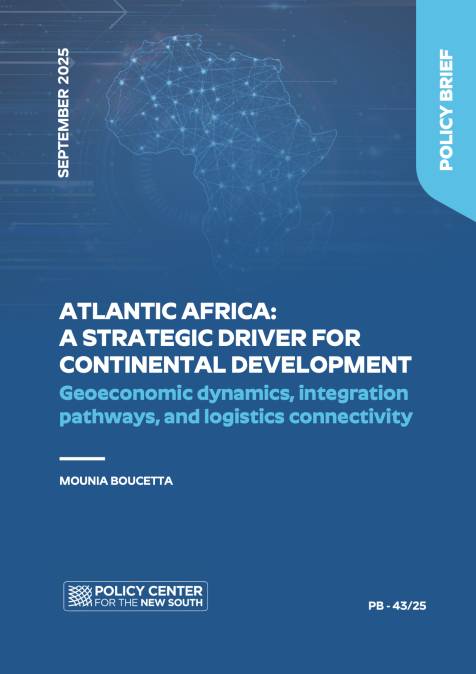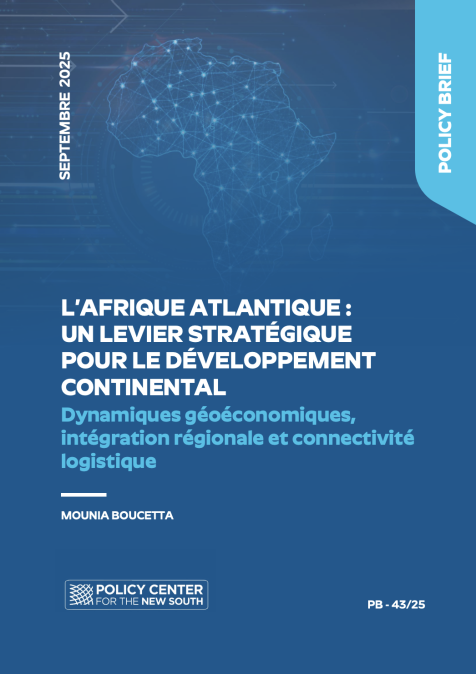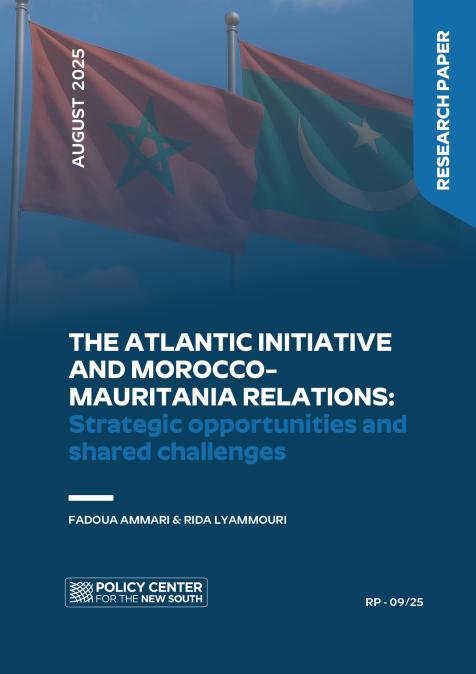يخصص مركز السياسات من أجل الجنوب الجديد حلقة برنامجه الأسبوعي "حديث الثلاثاء" لمناقشة التأثيرات الأجنبية في منطقة المغرب الكبير مع عبد الله ساعف، باحث بارز بمركز السياسات من أجل الجنوب الجديد
منطقة المغرب الكبير لا تزال بطبيعتها منطقة حافلة بالرهانات العابرة للحدود، والتي تعد أكثر تعقيدًا لكونها مجزأة وتواجه تحديات اجتماعية واقتصادية وأمنية على نطاق واسع وغير مسبوق، والتي زادت حدة تفاقمها بسبب وباء كوفيد-19 الذي أصاب اقتصادات المنطقة بشدة. ومع ذلك، نظرًا لموقعها الجيوستراتيجي والجيوسياسي، فإنها لا تزال تحتل مكانة متزايدة في استراتيجيات جميع الدول ذات المصالح، ليس فقط في منطقة المغرب الكبير، ولكن أيضًا في المناطق المحيطة بالمغرب الكبير، مما أدى إلى تفاقم التحديات المتأصلة في التأثيرات الاجنبية في المنطقة.
كان المغرب الكبير الواقع في مفترق الطرق بين أوروبا وأفريقيا، في خضم تحولات مهمة وإعادة تشكيل جيوسياسية. تعتبر المنطقة منذ أن بدأت عملية إنهاء الاستعمار خلال الستينيات من القرن العشرين، منطقة نفوذ أوروبي بشكل عام، وفرنسي بشكل خاص. بينما، يبدو من الواضح أنه في الآونة الأخيرة، أصبح التأثير الفرنسي والأوروبي على المنطقة يتلاشى لصالح القوى الأخرى، العالمية والناشئة على حد سواء، والتي بدأت تضع في محل الشك حالة شبه الاحتكار والسيطرة التي تمتعت بها كلّ من باريس وبروكسل على التوالي في عواصم المنطقة المغاربية. يبدو كذلك أن هذه القوى السالفة الذكر تمكَّنت من إيجاد مكان بين النخب السياسية والاقتصادية الجديدة في المنطقة، حيث تمكنت من صياغة مقترحات للتعاون والشراكات المنافِسة لنظرائهم الأوروبيين، ما من شأنه أن يعرض المنطقة المغاربية لصراع نفوذ يتكيف مع الاستراتيجيات الوطنية ومصالح القوى المعنية.
نعود خلال هاته الحلقة إلى التدقيق عن كثب في التأثيرات الأجنبية على المغرب الكبير، فضلا عن تداعياتها المحتملة على المنطقة المغاربية، أسئلة وغيرها نناقشها مع عبد الله ساعف، باحث بارز بمركز السياسات من أجل الجنوب الجديد.













